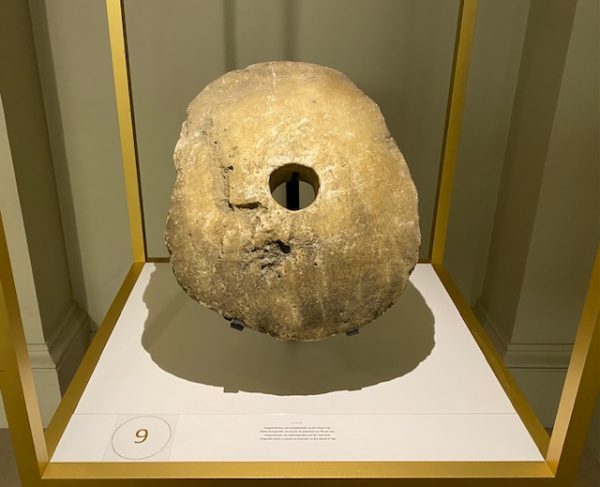Most economists would hold that in free market economics there is no room for moral statements. Betrayal, therefore, is left out of most standard text book economics courses. However, more advanced courses that include strategies based on so-called “game theory”, where actors may breach prior commitments, betrayal has entered economic science. A “tit-for-tat” strategy is frequently the best “game-theoretic” solution to such strategic behavior to deter also repetition of defecting on agreed rules or bargaining outcomes. For real world applications beyond the simple strategic advice, the maths involved are quite challenging. We’ll check soon, how AI is changing that game.
Another popular economic theory is one of “gift exchange”. You gift a sum of money (or weapons for self-defense to a country) with no explicit consent that the money should be repaid (through rare earths) in peace time. A betrayal occurs, if a country suddenly asks things in return for the previous gifts. For politicians that understand themselves as “market marker” and “deal maker”, there will be a tendency to claim back a gift in order to come to some kind of gift exchange rather than an altruistic donation.
William A. Galston wrote in the WSJ (2025-2-26) naming the US political action of the 2nd Trump administration a “betrayal of Ukraine and American values”.
If free markets mean making ruthless use of “tit for no possible tat” and “gifts are always a gift exchange”, we move back to mercantile and medieval practices, where settles could claim land at gun point.
What way out of this? Adam Smith, champion of classical economics, wrote before his famous book on “The Wealth of Nations” a lesser known, precursor book on “The Theory of Moral Sentiments”. Actually, he was convinced that the one would not work without the other.
Maybe, going back to classical economics is much better than a Trump administration version of neo-classical economics in a new era of political economy 3.0. 






